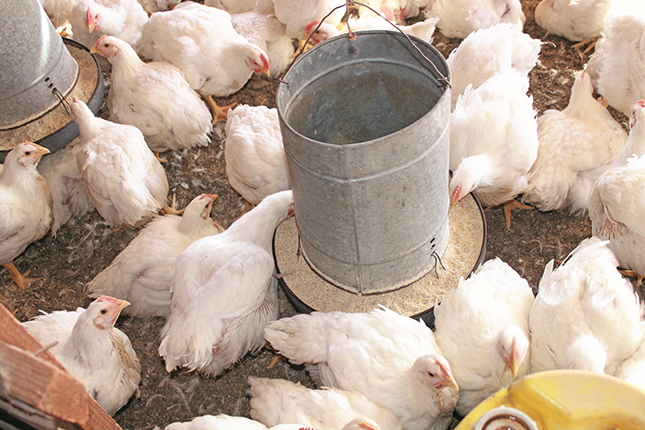
Photo: FW Archive
The Minister of Agriculture, Land Reform and Rural Development, Thoko Didiza, and the Minister of Higher Education, Science and Innovation, Dr Blade Nzimande, launched the National Biosecurity Hub in collaboration with the University of Pretoria on Tuesday (11 October).
Didiza said that while there was often a “political interplay at work” when disputes about sanitary and phytosanitary measures arose, it remained important for South Africa to continuously strengthen its biosecurity policy and regulatory framework; improve the capacity of technical and physical infrastructure; and improve early warning systems and response measures for pest and disease control.
“In this regard, the role of the National Biosecurity Hub in consolidating research on known and emerging biosecurity threats, human capital development, and the development of a biosecurity information hub is key,” Didiza said during the official launch.
“Biosecurity will only become more important going forward, and therefore it’s positive that the hub is now becoming a reality,” Izaak Breitenbach, general manager of the South African Poultry Association’s Broiler Organisation told Farmer’s Weekly.
“Globally, the chicken population is increasing, and this is leading to more outbreaks of diseases.
“It also means that diseases that had subsided in the past, such as avian influenza, is now simply not going away.”
While this was not a short-term solution to the agriculture sector’s biosecurity challenges, Breitenbach was optimistic that it could help the industry immensely going forward.
The new centralised hub would be coordinated by Innovation Africa, a research investment platform at the University of Pretoria.
“The vision of the National Biosecurity Hub is to be relevant across all agriculture and forestry sectors, and significantly increase the capacity currently available to the sanitary and phytosanitary regulatory authorities in South Africa,” said Dr Maneshree Jugmohan-Naidu, director of agricultural biotechnology at the Department of Science and Innovation.
“It will provide research and information services to the public and private sectors, with a view to strengthen biosecurity and meet the [sanitary and phytosanitary] requirements of international trade.”
Jugmohan-Naidu said the hub would focus on the prevention and management of pests and diseases that threatened plant health, animal health and food safety.
It would also facilitate research on known and emerging biosecurity threats, and promote engagement on sanitary and phytosanitary matters.
The department said in a statement that the current funding for this project came from the department’s Agricultural Bio-economy Innovation Partnership Programme, which formed part of its Technology Innovation Agency.









